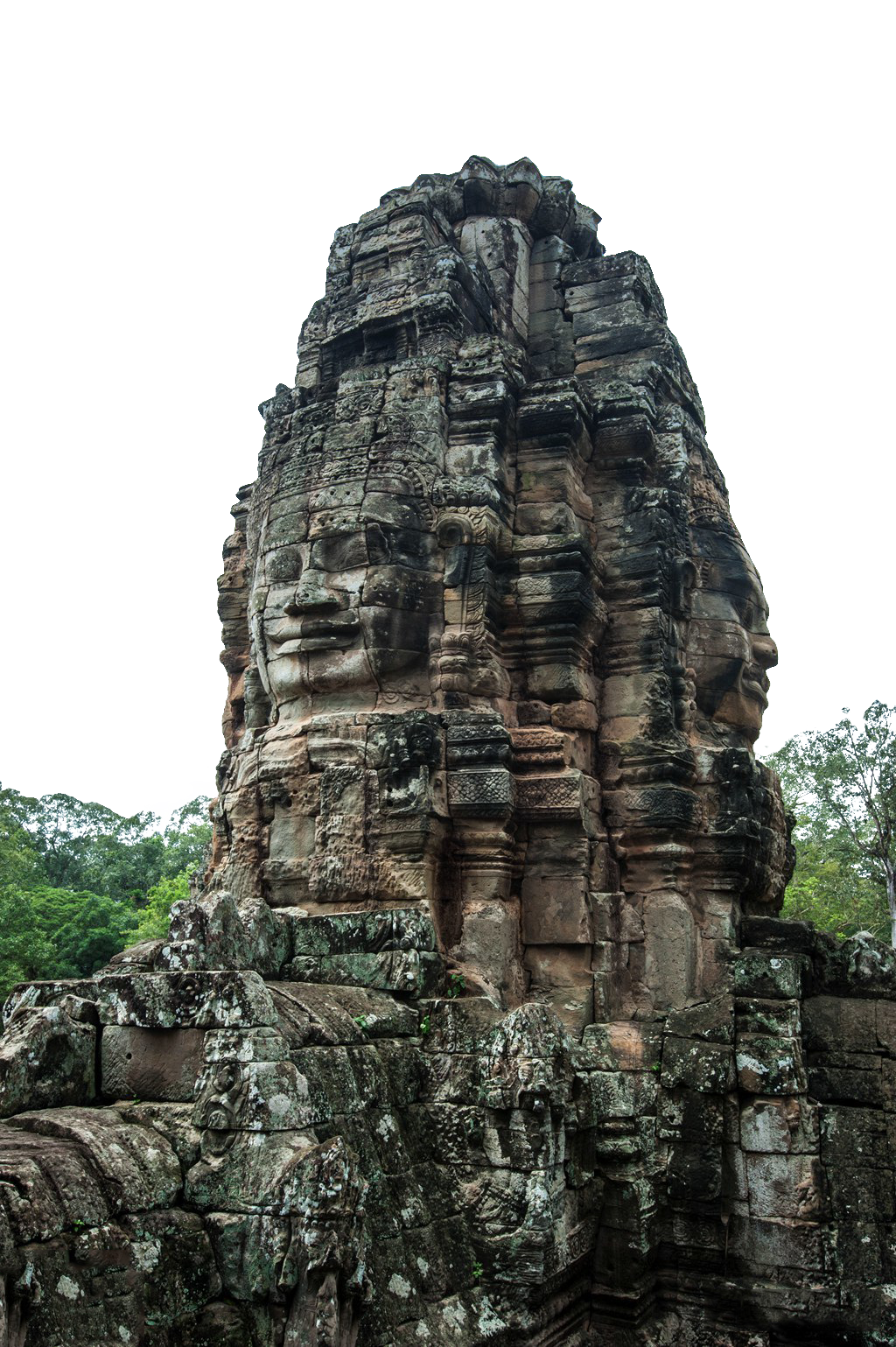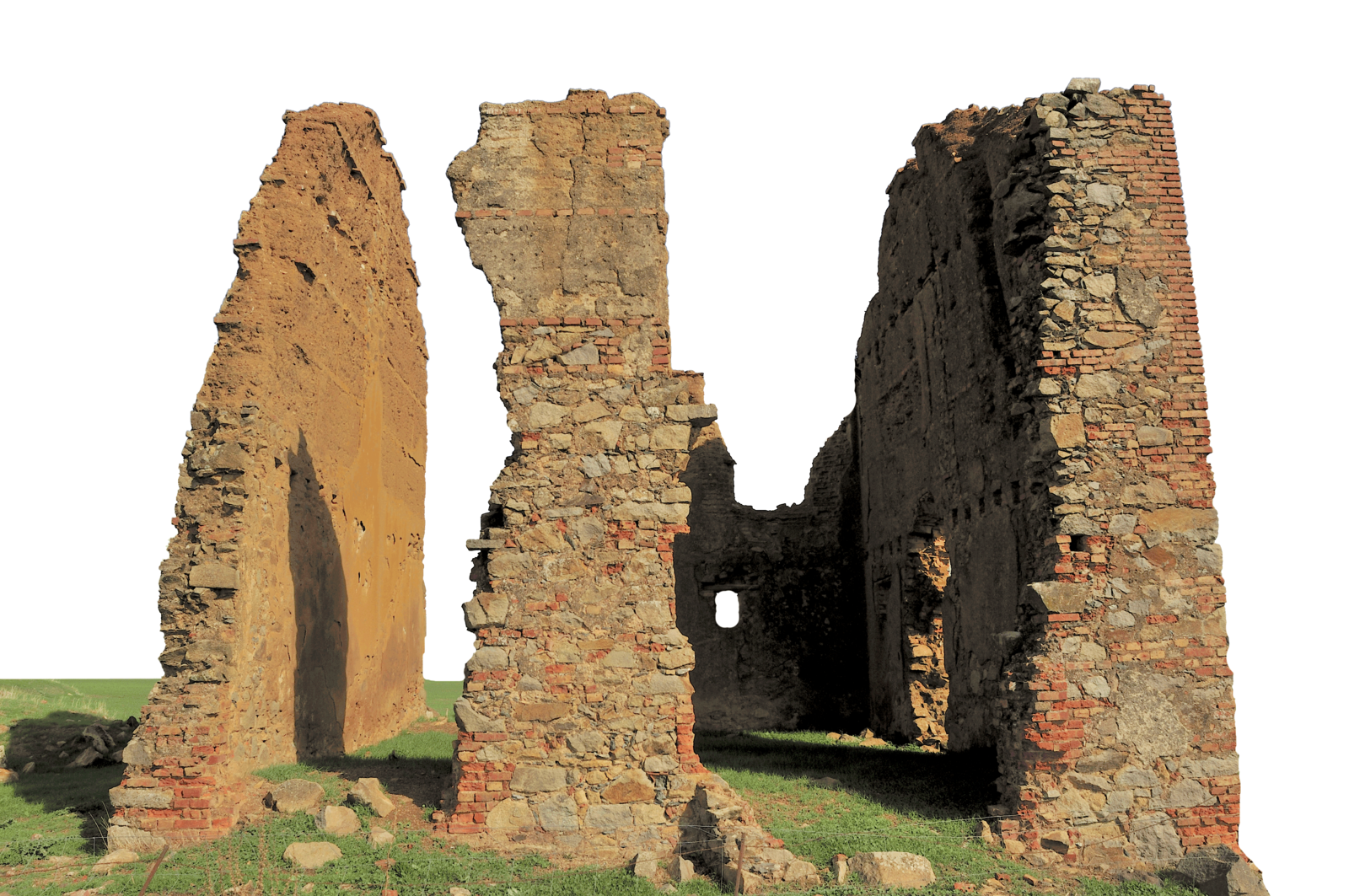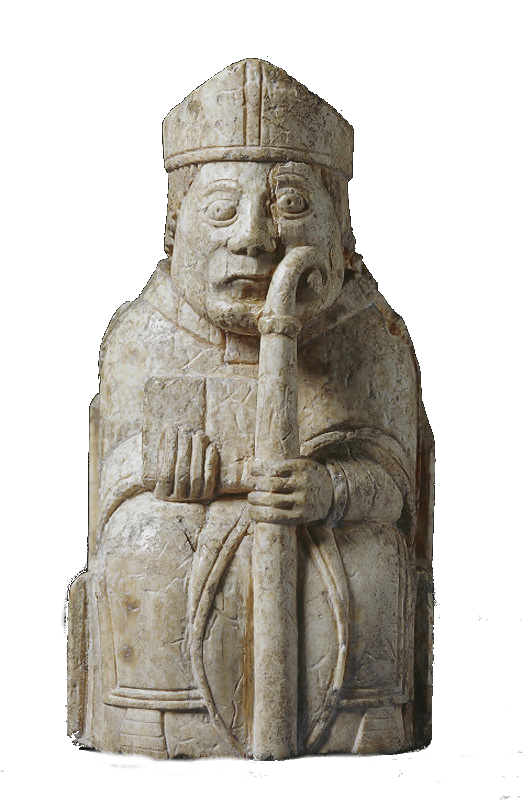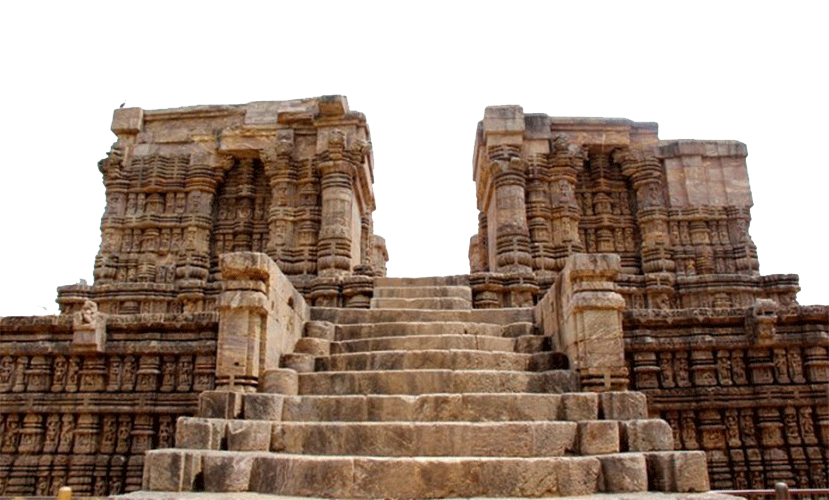Archaeology
Welcome to c/Archaeology @ Mander.xyz!
Shovelbums welcome. 🗿

Notice Board
This is a work in progress, please don't mind the mess.
- 2023-06-15: We are collecting resources for the sidebar!
- 2023-06-13: We are looking for mods. Send a dm to @[email protected] if interested!
About
Archaeology or archeology[a] is the study of human activity through the recovery and analysis of material culture. The archaeological record consists of artifacts, architecture, biofacts or ecofacts, sites, and cultural landscapes.
Archaeology has various goals, which range from understanding culture history to reconstructing past lifeways to documenting and explaining changes in human societies through time.
The discipline involves surveying, excavation, and eventually analysis of data collected, to learn more about the past. In broad scope, archaeology relies on cross-disciplinary research. Read more...
Rules
- Don't throw mud. Be kind and remember the human.
- Keep it rooted (on topic).
- No spam.
- No pseudoscience/pseudoarchaeology.

Links
Archaeology 101:
Get Involved:
University and Field Work:
- Archaeological Fieldwork Opportunities Bulletin
- University Archaeology (UK)
- Black Trowel Collective Microgrants for Students
Jobs and Career:
Professional Organisations:
- Chartered Institute for Archaeologists (UK)
- BAJR (UK)
- Association for Environmental Archaeology
- Archaeology Scotland
- Historic England
FOSS Tools:
- Diamond Open Access in Archaeology
- Tools for Quantitative Archaeology – in R
- Open Archaeo: A list of open source archaeological tools and software.
- The Open Digital Archaeology Textbook
Datasets:
Fun:
Other Resources:

Similar Communities
Sister Communities
Science and Research
Biology and Life Sciences
Plants & Gardening
Physical Sciences
Humanities and Social Sciences
Memes
Find us on Reddit

view the rest of the comments
Thanks—I made the mistake of going directly to the journal’s site and searching there.
Some impressions after quickly reading the paper:
They start with the assumption that iron-age warriors took stimulants before battle (based on a comparison to other selected cultures, rather than any direct evidence) and look for any possible relevant artifacts, rather than starting with the artifacts and trying to deduce their use from the context of the finds
They present no corroborating evidence like chemical residues or association with containers that might have held stimulants. They do mention a type of wooden box found in other graves, but no suggestion that the occurrences are correlated; they also mention metal containers found in female graves—but since the spoonlike artifacts are only found with male burials, there’s clearly a negative correlation.
If stimulant use were as widespread as the prevalence of the artifacts suggests, you’d expect some mention by contemporary Romans or Greeks (especially given the famous description of cannabis use among the Scythians by Herodotus, and the fondness of later historians for imitating him), or some survival into medieval practice or folklore
They mention a number of psychoactive plants based on their potential availability, not evidence of actual use—and not all of them are stimulants, or appropriate for inhalation.
There’s no suggestion that the spoons were a standard size, as would be expected if they were intended for measuring drug doses.
In short, the paper seems a lot more speculative than the Newsweek article implies.